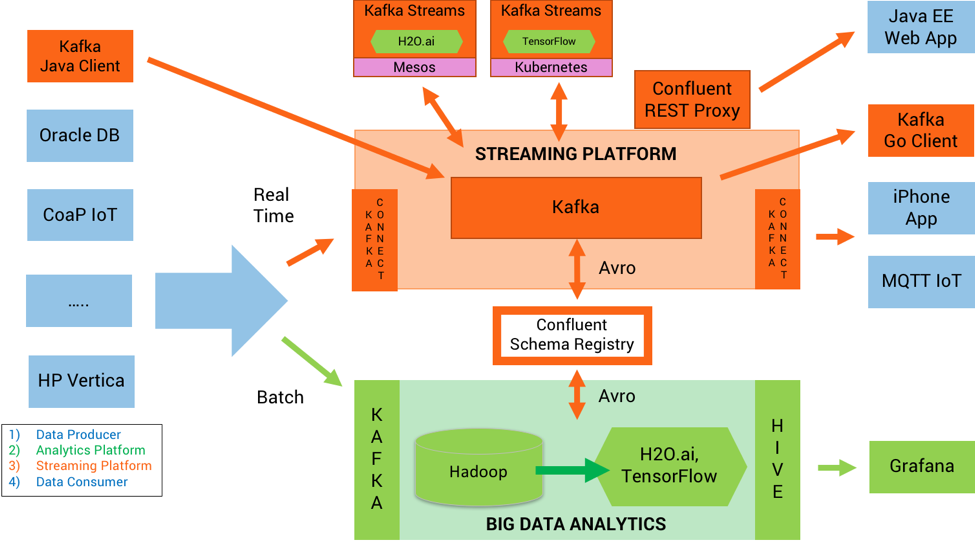Machine Learning
Machine learning (ML) is a field of artificial intelligence that uses statistical techniques to give computer systems the ability to "learn" (e.g., progressively improve performance on a specific task) from data, without being explicitly programmed.The name machine learning was coined in 1959 by Arthur Samuel.Machine learning explores the study and construction of algorithms that can learn from and make predictions on data - such algorithms overcome following strictly static program instructions by making data-driven predictions or decisions,: through building a model from sample inputs. Machine learning is employed in a range of computing tasks where designing and programming explicit algorithms with good performance is difficult or infeasible; example applications include email filtering, detection of network intruders, and computer vision.
Machine learning is closely related to (and often overlaps with) computational statistics, which also focuses on prediction-making through the use of computers. It has strong ties to mathematical optimization, which delivers methods, theory and application domains to the field. Machine learning is sometimes conflated with data mining,[ where the latter subfield focuses more on exploratory data analysis and is known as unsupervised learning.
Sample Architecture

